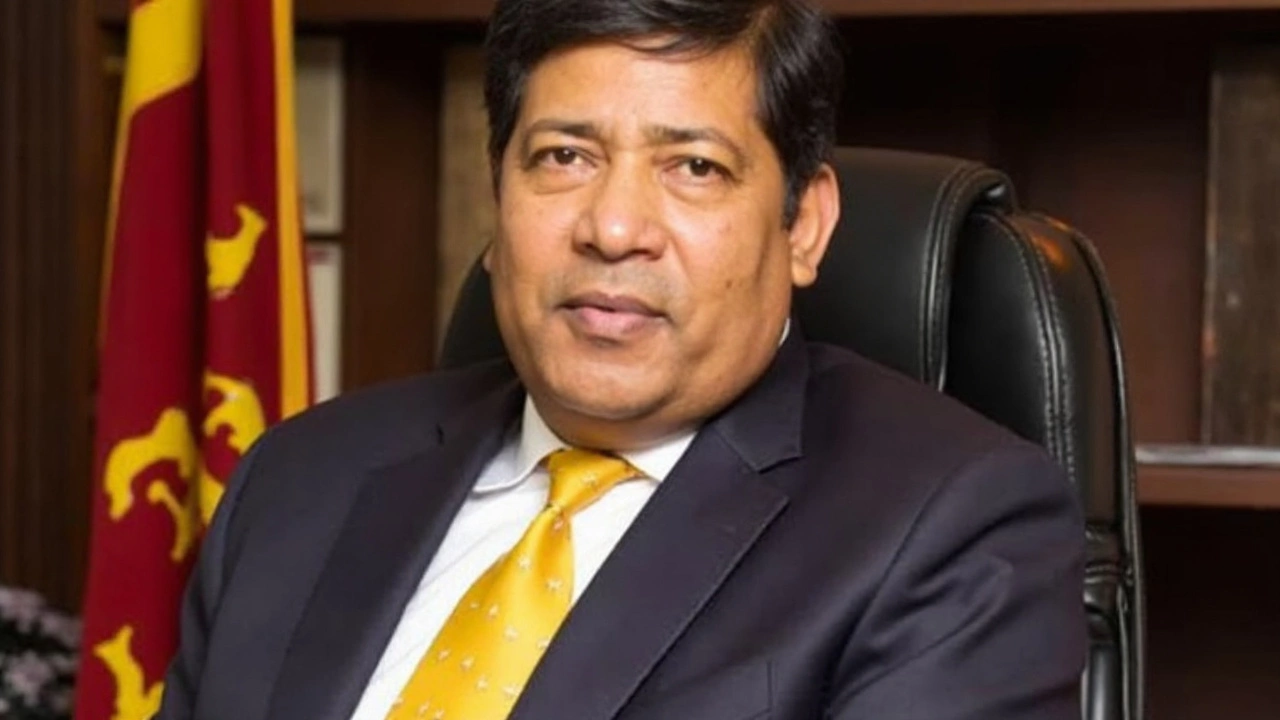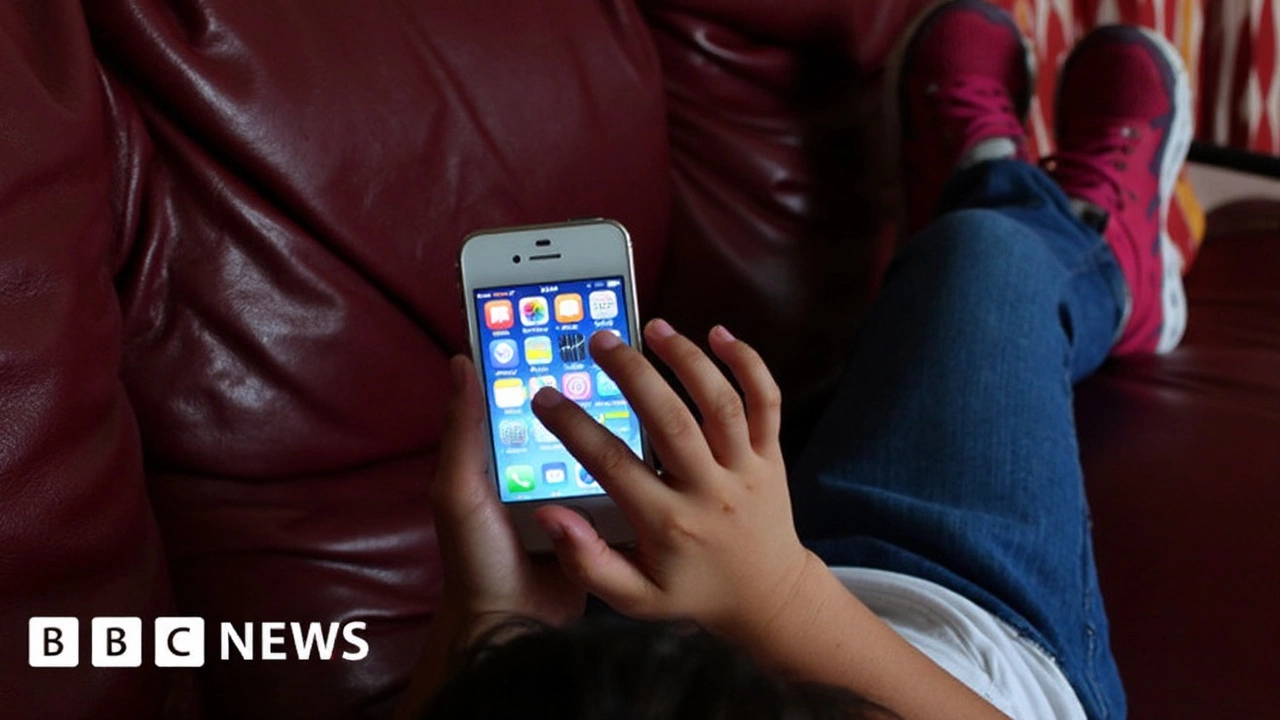The Online Safety Act: A New Era for Internet Rules in the UK
If you’ve been online in the UK lately, you might have noticed things are different. The government has switched gears, bringing in a tough set of laws called the Online Safety Act. Since July 25, 2025, these rules aim to make the virtual world a lot safer—especially for kids. But even as officials puff out their chests, not everyone is cheering. Technology Secretary Peter Kyle says these changes are huge, but he’s quick to admit we’re not there yet.
The Act’s headline rule? Age verification has to mean exactly that—no more casual checkboxes or ticking ‘I’m 18+’. Adult platforms now need real proof: you could be asked for a scan of your ID, a quick facial age test, even a bank statement. Social media is under the microscope, too. If you’re under 13, Peter Kyle wants you off Instagram, X, and any other major platform. He’s telling tech companies to act—right now. If they don’t, Ofcom (the UK’s communications regulator) can hit them where it hurts: fines up to 10% of what they make globally, or even block the sites outright.

How Are Platforms Changing—and Are the Rules Enough?
The changes aren’t just about porn sites and big-name social media. Every app or service where you exchange messages or play games now falls under these laws. That means WhatsApp, Roblox, forums, and gaming hangouts must all check who’s on the other end and keep harmful content—think suicide, self-harm, or violence—away from children. More than 6,000 platforms, from Grindr to Reddit, have already signed on to beefed-up age checks. But it’s not totally clear how effective these checks will be. Kids find loopholes. Fake IDs, borrowed phones, or creative workarounds are never far behind.
Here’s what you’ll probably notice soon if you’re a parent: Signing up for anything 18+ now takes longer. Social networks may start asking for parental consent or more details up-front for teen users. Some platforms might start to block UK users altogether to avoid the hassle. Peter Kyle says these policies are there to support parents who feel overwhelmed staring down a child glued to a phone. But he also admits there’s a real tension—kids want independence, and adults worry about their safety.
On the ground, though, critics are raising the alarm. They point out that while the Act targets some of the most visible risks, it doesn’t fix everything. Online harms keep evolving. What about newer threats—AI-generated fake videos or cyberbullying in hidden corners of the web? There’s also worry about privacy: Scanning someone's ID or face just to access a website feels creepy to some, and some children may get locked out of age-appropriate services by mistake.
So what happens now? Ofcom is already rolling out its new “codes of practice” but Peter Kyle hints this is just the first move. Expect more government action, especially when it comes to curbing how much time kids spend online each day. And the debate about how to really make the internet safe—for everyone, not just kids—is only getting started.
